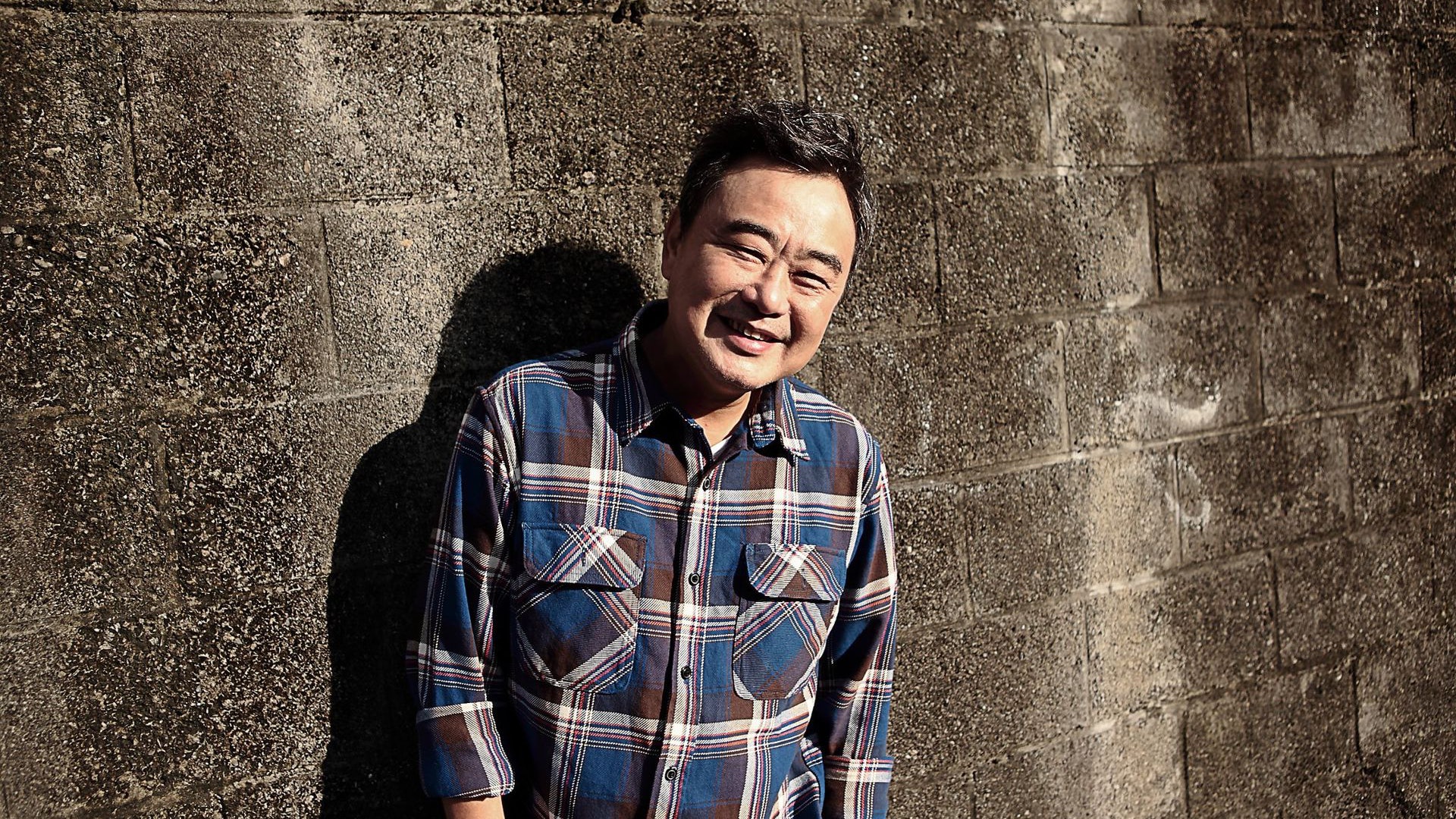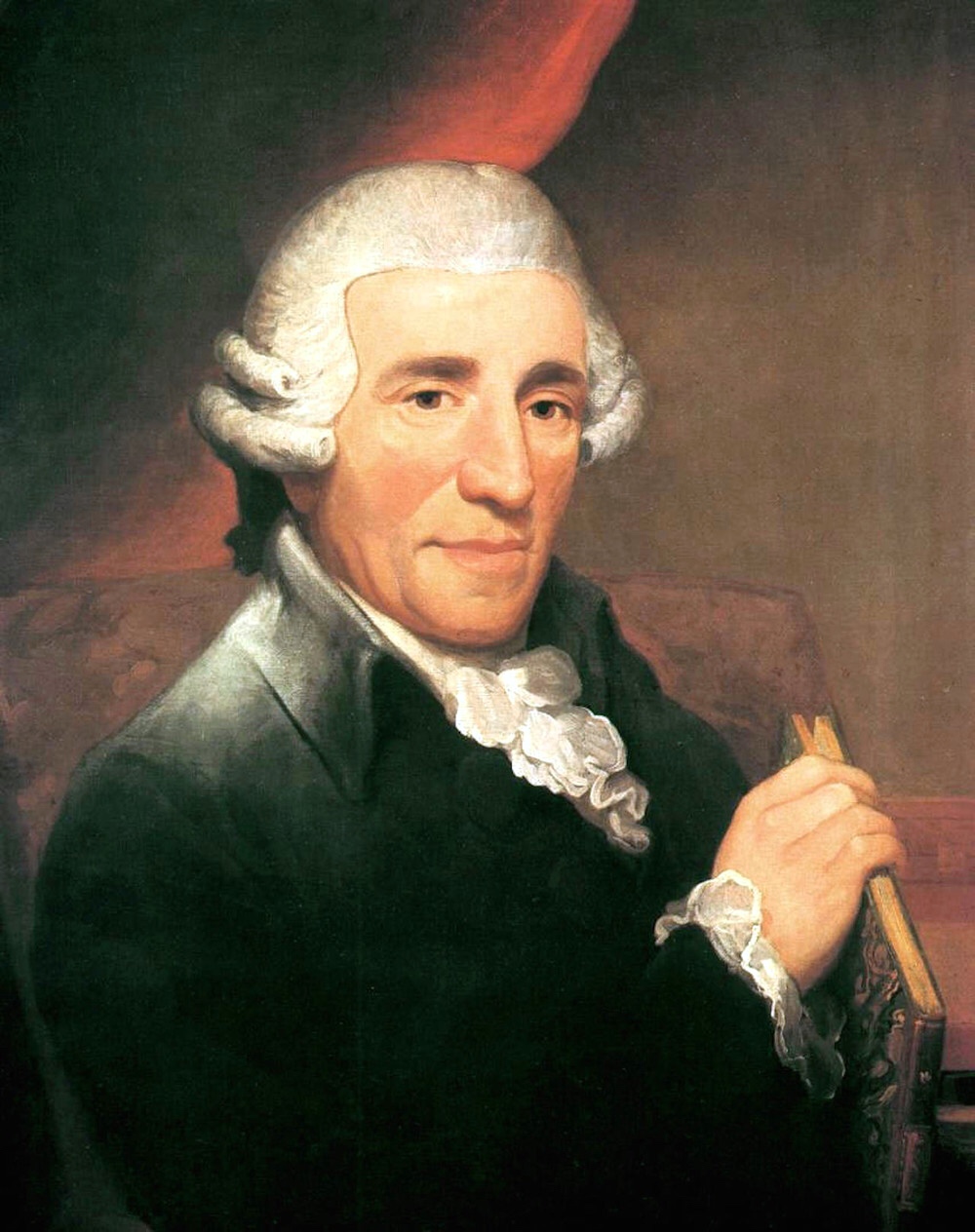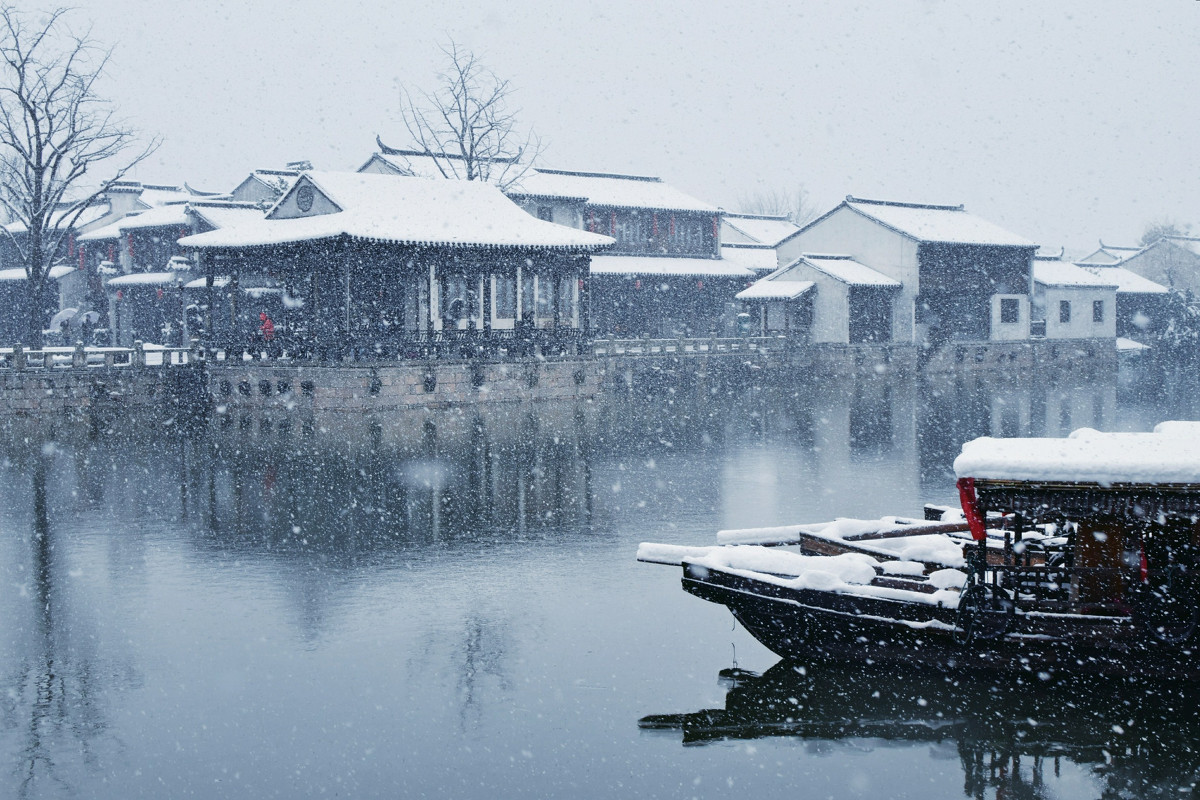
Dominio de Pingus is a Spanish winery located in Quintanilla de Onésimo in Valladolid province with vineyards in La Horra area of the Ribera del Duero region. The estate's flagship wine, Pingus, is considered a "cult wine", sold at extremely high prices while remaining very inaccessible,[1][2] and commands an average price of $811 per bottle.[3]
The winery also produces a second wine, Flor de Pingus, and a special cuvée, Ribera del Duero "Amelia". Recently, Dominio de Pingus has founded a joint project with local grape producers to make an old vine tempranillo called "PSI".
Dominio de Pingus was established in 1995 by Danish oenologist Peter Sisseck, also manager of the Pesquera de Duero estate Hacienda Monasterio.[4] On the estate's winemaking philosophies, Sisseck has stated, "The vines in my plots are very old. They have never been fertilised nor treated with pesticides and all grow following the traditional en vaso system. They are perfect."[4]
About the first 1995 vintage of Pingus, Robert Parker declared, "One of the greatest and most exciting wines I have ever tasted".[5] With a very limited first vintage production, only 325 cases were made with prices initially set at US$200 per bottle, it became yet more scarce when in November 1997 the ship transporting a U.S. bound shipment of 75 cases disappeared somewhere off the Azores in the North Atlantic Ocean.[6] The shipwreck resulted in a dramatic reaction in the US market, with prices soon rising to $495 per bottle.[5][6]
At the Ronda WineCreator conference of April 2008, Sisseck was angered by suggestions by Decanter editor Guy Woodward that some winemakers make wines to suit the palates of certain critics. In response he called Woodward's remarks arrogant for implying winemakers do not have their own opinions, adding, "I don't even think it is possible to do this."[7]
In 2007 it was announced that the Spanish government had approved plans to expand highway roads through the vineyards of Dominio de Pingus and other wineries, which was met with strong opposition by Sisseck who called it a "vengeful measure".[8]
Planted with very old vines of Tinto Fino, i.e. Tempranillo, the vineyards are 2.5 hectares (6.2 acres) in Barrosso with vines exceeding 65 years and 1.5 hectares (3.7 acres) in San Cristobal with vines older than 70 years, and the unusually low average yield of 12 hL per hectare. Since 2000, the viticulture has been biodynamic. Of the annual production of Pingus there is typically less than 500 cases, though in poor vintages no Pingus is made.
The production of the second wine Flor de Pingus, also 100% Tempranillo, is made with fruit from rented vineyards in the La Horra zone, with vines older than 35 years. Since the 2005 vintage, the viticulture has been biodynamic. The annual production is on average 4,000 cases.
Additionally there has been the single barrel cuvée, Ribera del Duero "Amelia", made from a vineyard parcel of 100+ year old vines with an average yield of 10 hL per hectare, with biodynamic viticulture since its initial 2003 vintage. The 2005 vintage had a production of 25 cases.
"PSI" is a joint project based on fruit produced by local grape growers from old tempranillo vines. The goal is to help grape producers and save old vines. Project was founded in 2006, first vintage was 2007. Grape growers are encouraged to employ biodynamic or organic vineyard management practices. The wine is made by Peter Sisseck and Pablo Rubio and sold under producer name Bodegas y Viñedos Alnardo. Vinification takes place in large concrete vats and aging in concrete and wooden tanks and oak barrels. Production of PSI 2009 was 9,600 cases, PSI 2010 was 16,600 cases.
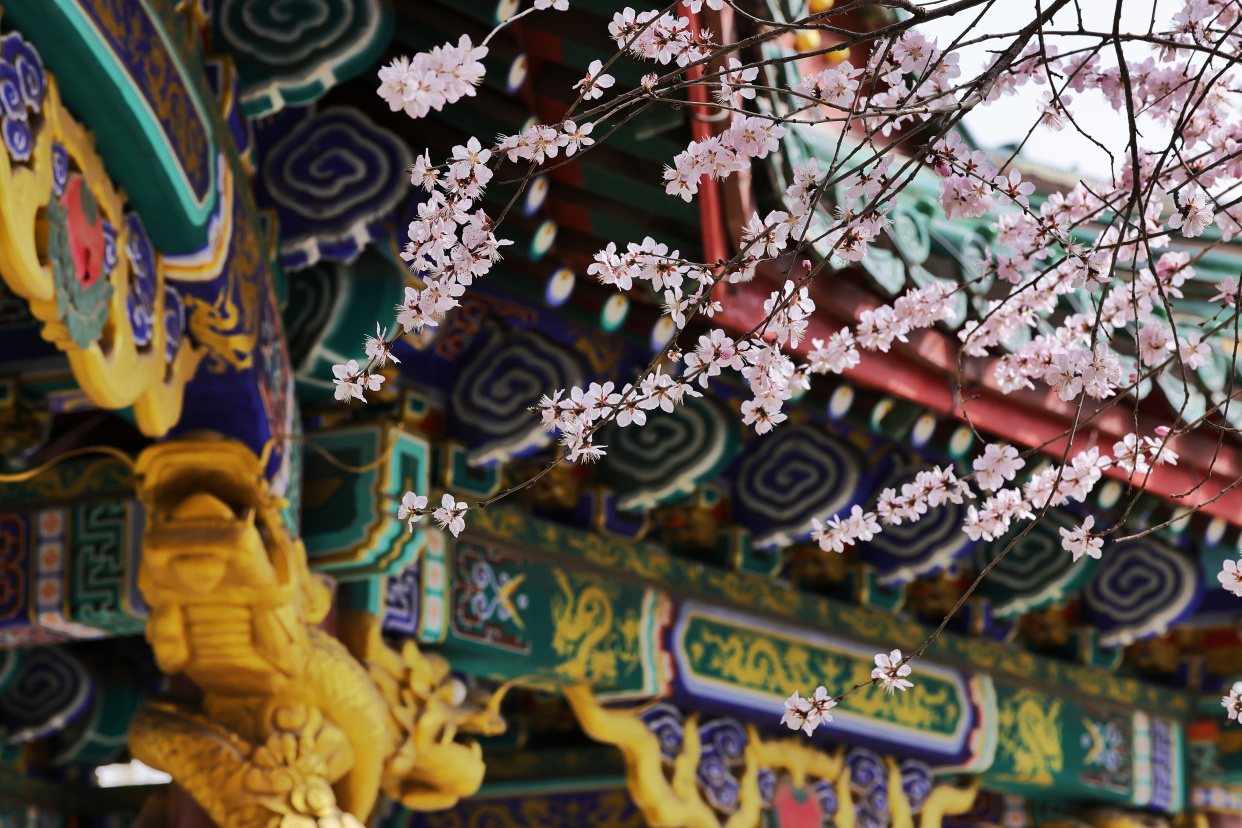
男:我们好像在哪见过 你记得吗
女:好像那是一个春天 我刚发芽
男:我走过
女:没有回头
男:我记得
女:我快忘了
男:我们好像在哪见过 你记得吗
女:记得那是一个夏天 盛开如花
男:我唱歌
女:没有对我
男:但我记得
女:可我快忘了
男:我们好像在哪见过 你记得吗
女:好像那是一个秋天 夕阳西下
男:你美得让我不敢和你说话
女:你经过我时风起浮动
合:我的发
男:我们好像在哪见过 你记得吗
女:记得那是一个冬天 漫天雪花
男:我走过
女:没有回头
男:我记得
女:我快忘了
男:我们好像在哪见过 你记得吗
女:那时你还是个孩子 我在窗棂下
男:我猜着你的名字刻在了墙上
女:我画了你的模样对着弯月亮
男:我们好像在哪见过 你记得吗
女:当我们来到今生 各自天涯
男:天涯相望今生面对谁曾想
女:还能相遇一切就像
合:梦一样
我们好像在哪见过




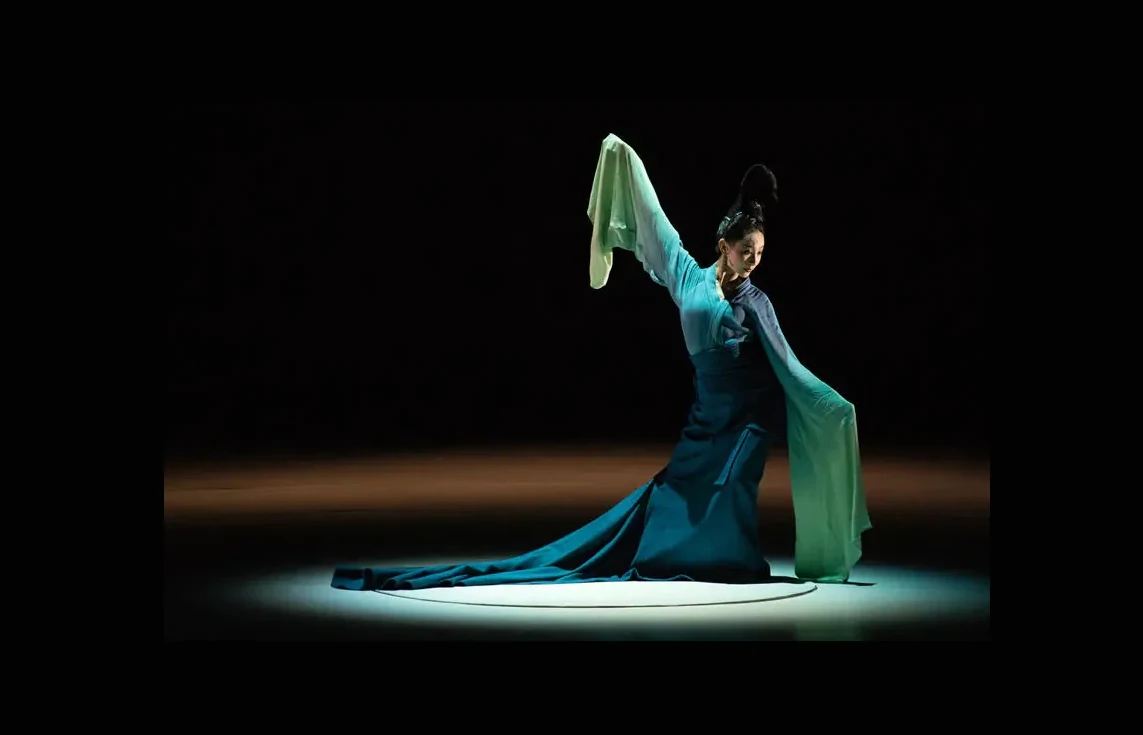


Torino (AFI: /toˈrino/[5], ascolta[?·info]; Turin in piemontese [tyˈriŋ], ascolta[?·info] [6]) è un comune italiano di 852 223 abitanti (al 30 settembre 2021)[2], quarto comune italiano per popolazione e capoluogo dell'omonima città metropolitana e della regione Piemonte. Cuore di un'area metropolitana, Torino è il terzo complesso economico-produttivo del Paese e costituisce uno dei maggiori poli universitari, artistici, turistici, scientifici e culturali d'Italia. Nel suo territorio sono inoltre presenti aree ed edifici inclusi in due beni protetti dall'UNESCO: alcuni palazzi e zone facenti parte del circuito di residenze sabaude in Piemonte (patrimonio dell'umanità[7]) e l'area delle colline del Po (riserva della biosfera).
Città dalla storia bimillenaria, fu fondata probabilmente nei pressi della posizione attuale, attorno al III secolo a.C., dai Taurini, quindi trasformata in colonia romana da Augusto col nome di Iulia Augusta Taurinorum nel I secolo a.C.. Dopo il dominio ostrogoto, fu capitale di un importante ducato longobardo, per poi passare, dopo essere divenuta capitale di marca carolingia, sotto la signoria nominale dei Savoia nell'XI secolo. Città dell'omonimo ducato, nel 1563 ne divenne capitale. Dal 1720 fu capitale del Regno di Sardegna (anche se solo de facto fino alla fusione perfetta del 1847, quando lo divenne anche formalmente),[8] Stato che nel XIX secolo avrebbe portato all'unificazione italiana e che fece di Torino la prima capitale del Regno d'Italia (dal 1861 al 1865).
Sede nel 2006 dei XX Giochi olimpici invernali, nel 2022 della 66ª edizione dell'Eurovision Song Contest[9], città natale di alcuni fra i maggiori simboli del Made in Italy nel mondo, come il Vermut, il cioccolato gianduja e il caffè espresso, è il fulcro dell'industria automobilistica italiana, nonché importante centro dell'editoria, del sistema bancario e assicurativo, delle tecnologie dell'informazione, del cinema, dell'enogastronomia, del settore aerospaziale, del disegno industriale, dello sport e della moda.

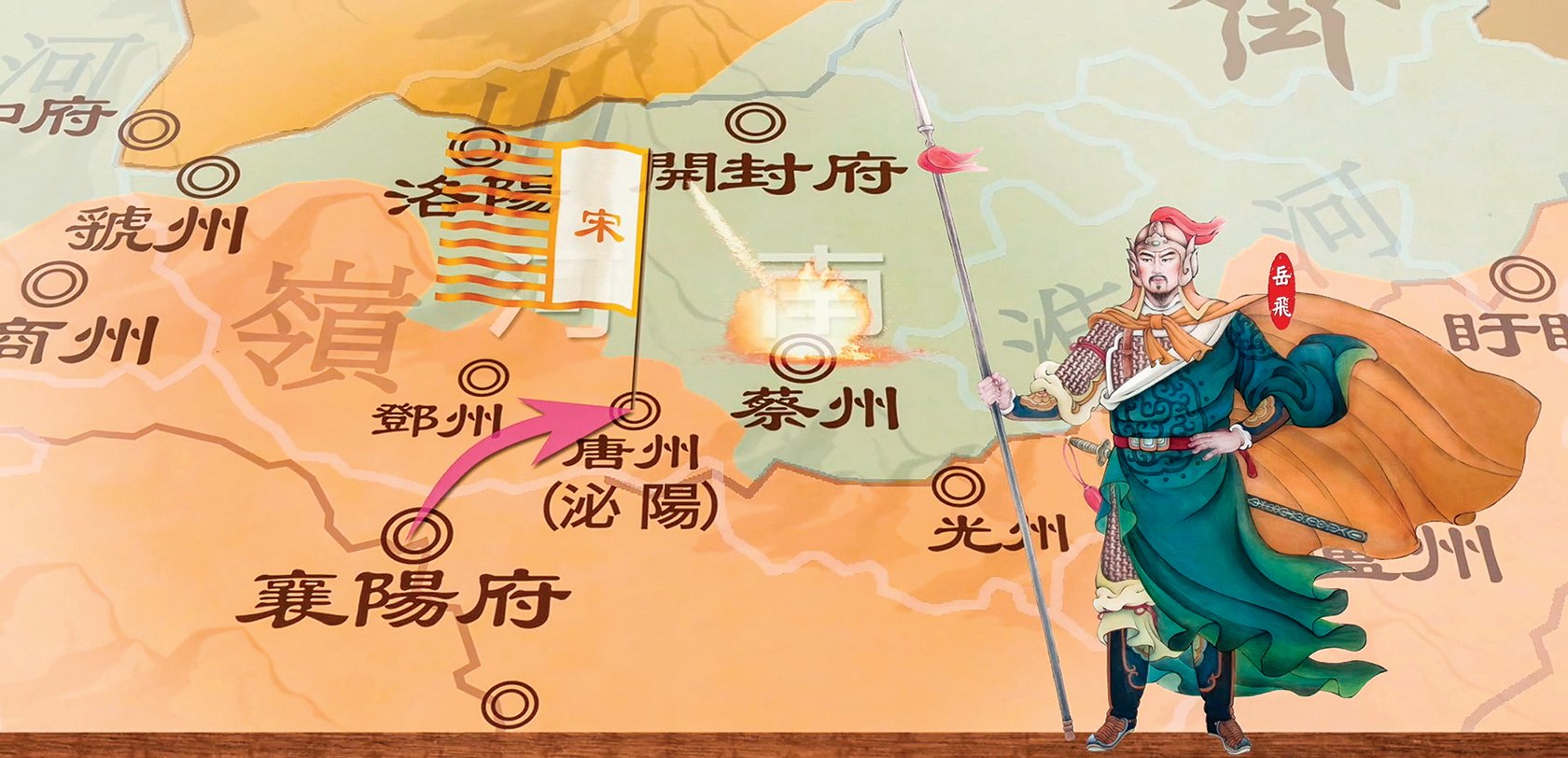

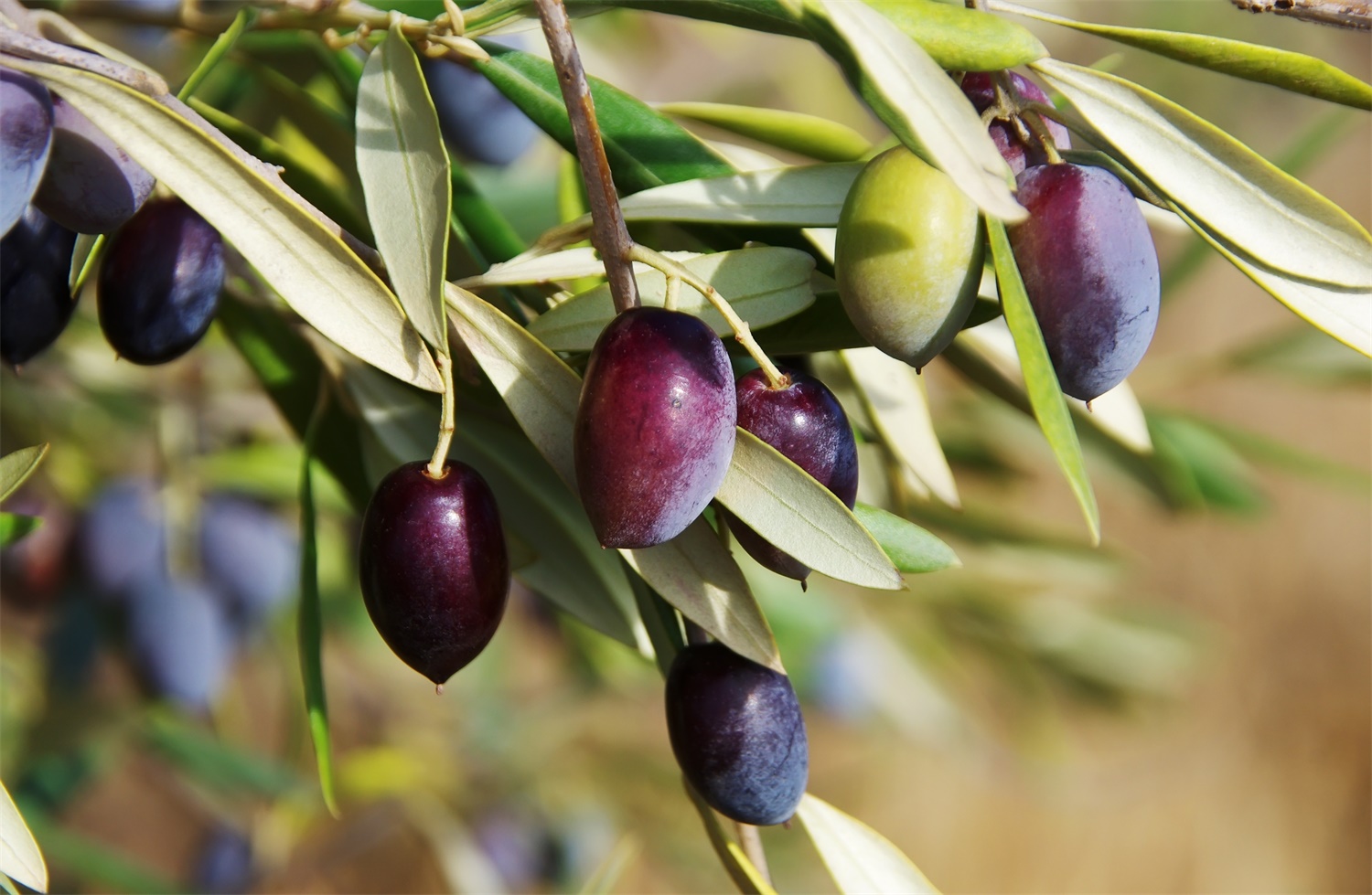
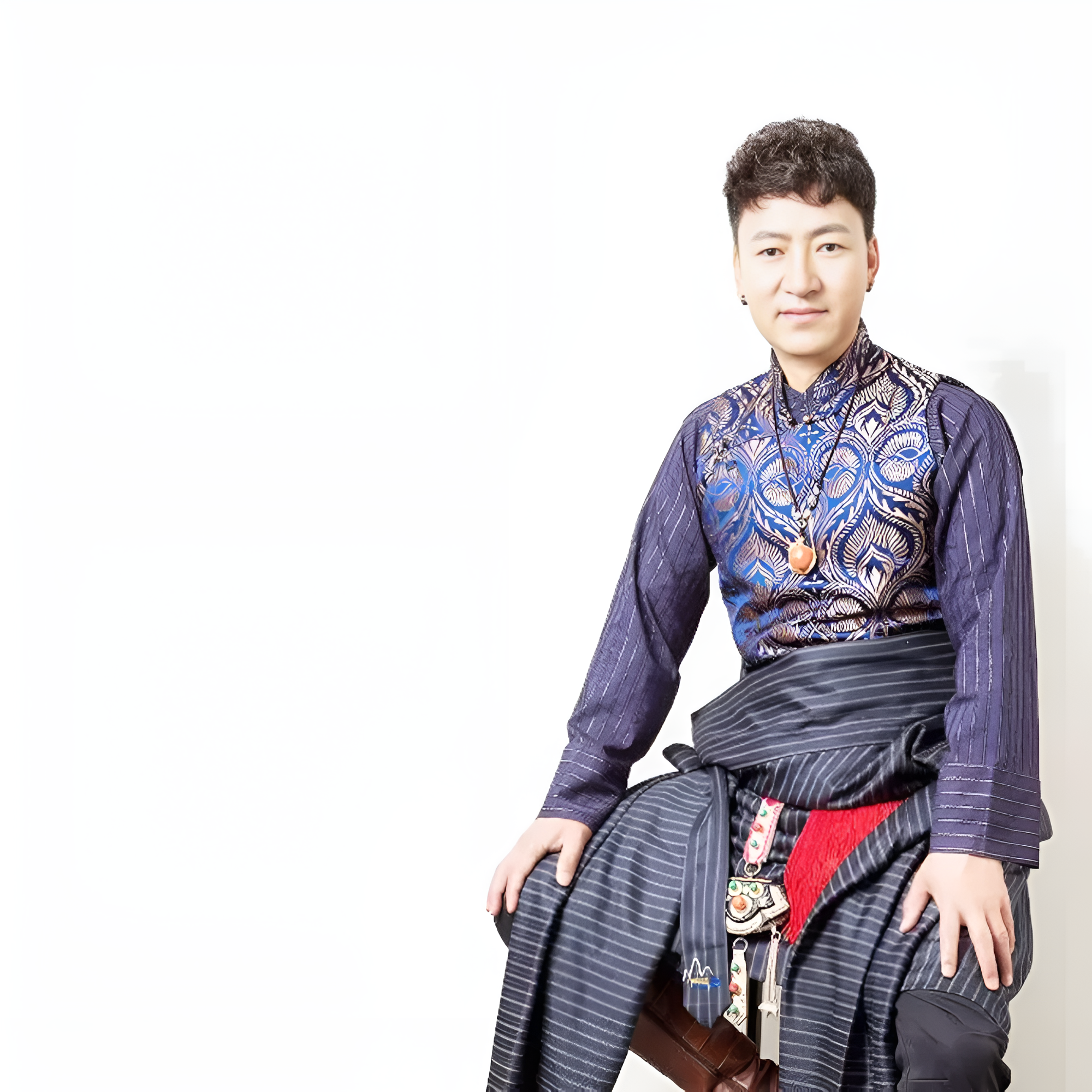
有一个姑娘名叫娥嫚
她家住在陇上江南
流水啊匆匆的
送走了时间
送不走人们深深的卷恋
有一个姑娘名叫娥嫚
她的期盼从未改变
雪山啊高高的
垒起了思念
山遥路远
只为今生见一面
官鹅山水间
剪不断的情缘
眼里的星晨啊
只因她而璀璨
每一轮日出日落
月缺月圆
诉说着官鹅的故事
一直到永远
一直到永远
有一个姑娘名叫娥嫚
她的期盼从未改变
雪山啊高高的
垒起了思念
山遥路远
只为今生见一面
官鹅山水间
剪不断的情缘
眼里的星晨啊
只因她而璀璨
每一轮日出日落
月缺月圆
诉说着官鹅的故事
一直到永远
官鹅山水间
剪不断的情缘
眼里的星晨啊
只因她而璀璨
每一轮日出日落
月缺月圆
诉说着官鹅的故事
一直到永远
一直到永远
DJ版











